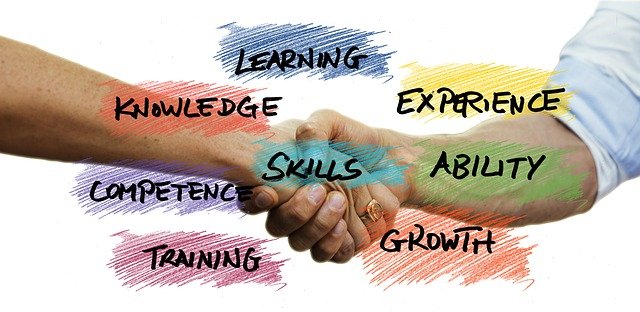Around one in 345 children in the US is diagnosed with cerebral palsy, which affects their ability to move and maintain their posture and balance. Many will likely need regular physical therapy throughout their life. While children with cognitive or physical disabilities like cerebral palsy often need extra support, encouraging independence is an important part of helping them grow as individuals. Young adults with disabilities often do well when they’ve had the opportunity to take control of their lives and learned to be as independent as possible.
Plan Ahead For An Independent Future
Getting the right practical support and adaptions your child may need can take time, so it’s good to start thinking about it as early as possible. Talk to your child about what they would like to do after they finish their education. By spending some time planning together, you can help your child understand what they need to do and how to do it. If it’s appropriate, talk with your child about their independence and the options for them moving out. This could mean them living alone with a full-time carer or occasional support, with a friend, or in full-time supported accommodation. Talking about this in advance will also give you time to look into the options available for things like social funding and help you decide what life skills your child should learn. Like all waivers, the CADI waiver provides supports to an individual to live where they want in the community
Adaptive Equipment
Specialist aids and adaptive equipment for cerebral palsy can level the playing field by empowering children with disabilities. Adaptive equipment such as braces, seating, wheelchairs and walkers can improve mobility significantly and increase self-confidence. This is very important for helping to improve accessibility and foster inclusion and independence. Adaptive seating enables mobility, while also helping to improve posture and reduce the risk of spinal deformity. Meanwhile, improved postural control can help with the development of self-feeding skills and support digestion. Learning aids such as written instructions, pictures, stories or just watching you do chores can be a great way for your child to learn.
Teaching Important Life Skills
As you embark on teaching your child how to be independent around the home, think about the skills they will need to master if they were to move out. This could include doing household chores such as dusting, cleaning, or folding clothes. It’s also important for them to learn about healthy eating, writing a shopping list, buying food, and then putting it into practice by helping to cook for the family. It would help if you also started to encourage your child to be more responsible for their routines, such as setting alarms, looking after their health by exercising and taking medications, and personal hygiene. Learning to do things for themselves like this will help give your child the confidence to do other things. Achieving their goals is easier with professional assistance. Consider getting a plan manager to sit down with your kid to discuss their aspirations and create a program to help them reach their dreams.
It takes time to teach your child life skills and for them to learn to do things for themselves, so it’s a good idea to start as early as possible. Don’t be afraid to let your child try things: it’s the only way they can learn. You might just be surprised at what they can already do.
